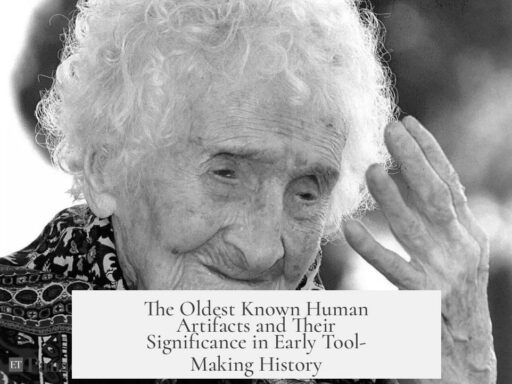William Shakespeare existed as a historical figure and is the most likely author of the plays and poems attributed to him. The evidence for his existence is solid, with baptismal records from Stratford-upon-Avon dating to April 26, 1564, as well as his will and other documents confirming his life. No credible historical evidence supports another author’s claim to these works.
The existence of a man named William Shakespeare is well documented. Records show he was born, lived, and died in Stratford-upon-Avon. His will and other official documents bear his signature, confirming his presence in society. Because of these records, historians accept his existence without dispute.
When considering the authorship of the plays and poems, no direct evidence exists to support theories that attribute these works to someone else. Scholars and historians agree that the “Shakespeare” name on the plays genuinely represents the author. The lack of manuscripts in Shakespeare’s own hand is not unusual for the time, as playwrights often did not keep original drafts.
- Handwriting analysis suggests Shakespeare did contribute in writing, with fragments such as “Hand D” in the play Sir Thomas More supporting this fact.
- Spelling inconsistencies in his signatures are typical for the early modern period and do not indicate illiteracy.
- The will he signed was hurried and shows messy handwriting, likely due to illness, not an indication of literacy problems.
Despite this strong documentary evidence, some question Shakespeare’s authorship. These skeptics often apply double standards, demanding high proof for Shakespeare’s authorship but readily accepting thin circumstantial evidence for alternatives. Often, their criticisms rest on assuming the literary works reflect the author’s personal biography in an autobiographical way, which is not consistent with how literature was crafted in the Elizabethan era.
The “authorship question” began gaining attention in the 19th century. Delia Bacon proposed a theory that a secret society, including Francis Bacon and Walter Raleigh, wrote the plays. Her theory lacked evidence and was dismissed by scholars. Earlier isolated doubts from figures like Herbert Lawrence and Samuel Taylor Coleridge never developed into mainstream thought.
Contemporary scholarship largely agrees on the single authorship of the works traditionally attributed to Shakespeare. Advanced analysis, including digital stylometry, shows a consistent and distinct writing style across texts. This “X” author, historically identified as Shakespeare, has a recognizable linguistic fingerprint.
The debate over Shakespeare’s identity has shifted. Modern literary criticism does not rely on the author’s biography but focuses on the texts themselves for interpretation. As one scholar notes, no one reads contemporary authors solely to uncover their personal lives. Analyzing Shakespeare’s works centers on themes, language, and their cultural context.
Historical Shakespeare was the son of a glovemaker. Some plays contain references to gloves and the trade, suggesting an authentic link between the author and his background. This connection supports the traditional attribution without appealing to conspiracy theories or elite authorship claims.
The persistence of the authorship question is tied more to social and cultural factors than actual evidence. Shakespeare’s humble origins conflict with the idea of a master playwright, leading some to reject his authorship for ideological reasons. England’s national pride and colonial history have contributed to this literary myth-making.
Importantly, changing the supposed identity of the writer does not alter the reading or interpretation of the plays. Whether Shakespeare was William, Elizabeth, or another figure, the text remains the core of study, performance, and enjoyment. This makes the authorship debates largely academic or speculative but irrelevant to engaging with the works.
| Key Points |
|---|
| William Shakespeare existed as recorded in historical documents. |
| No evidence supports alternative authors despite many conspiracy theories. |
| Literary analysis and digital tools confirm a consistent single authorship. |
| Authorship debates often rely on inaccurate assumptions and biases. |
| Focus of literary scholarship is on text interpretation, not on the author’s biography. |
| The plays’ meaning and enjoyment do not change regardless of the author’s identity debates. |
In short, Shakespeare’s existence and authorship are well supported by historical and textual evidence. The authorship question continues mainly due to cultural and psychological reasons rather than valid historical doubts. Readers and scholars benefit most by focusing on Shakespeare’s works rather than the quest to disprove or replace the man behind the name.



